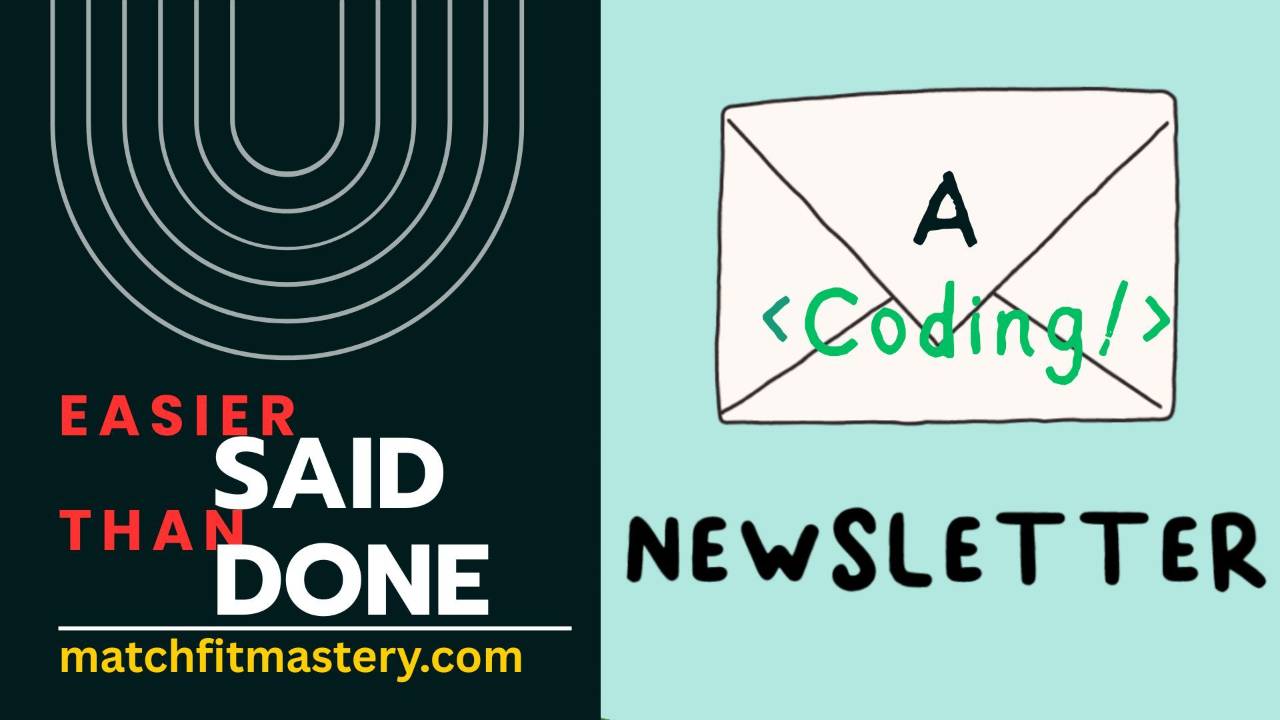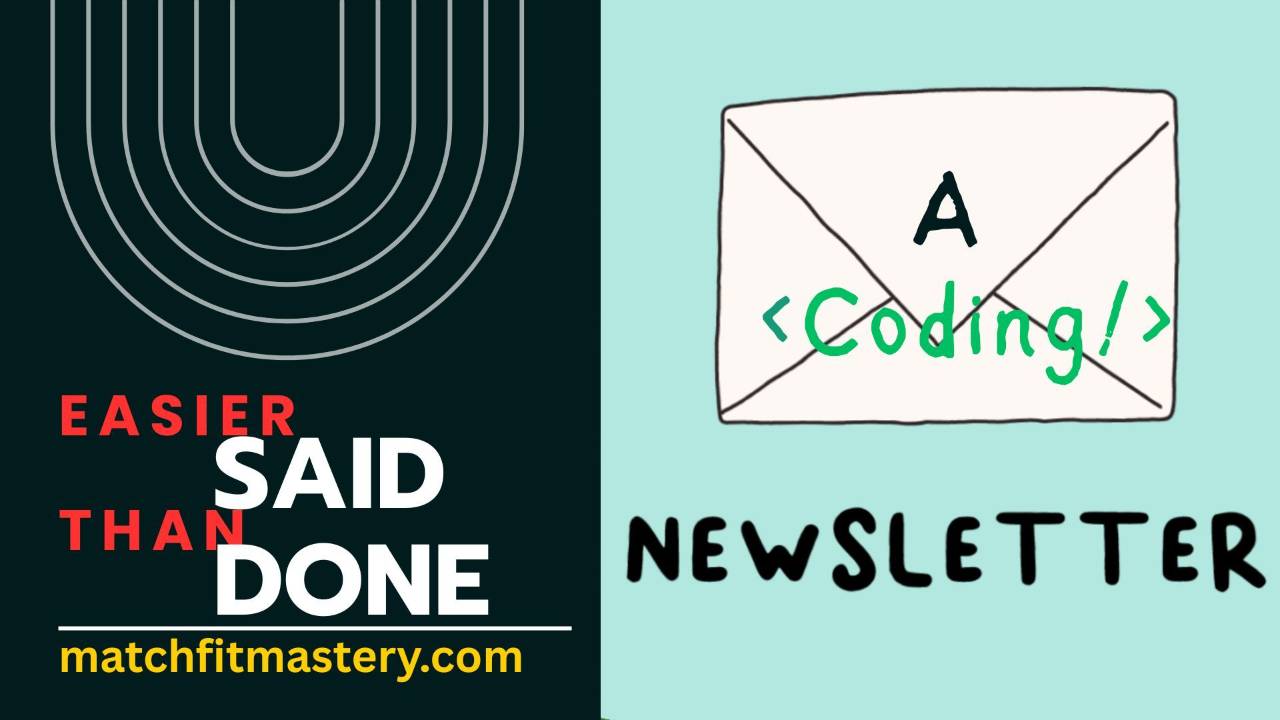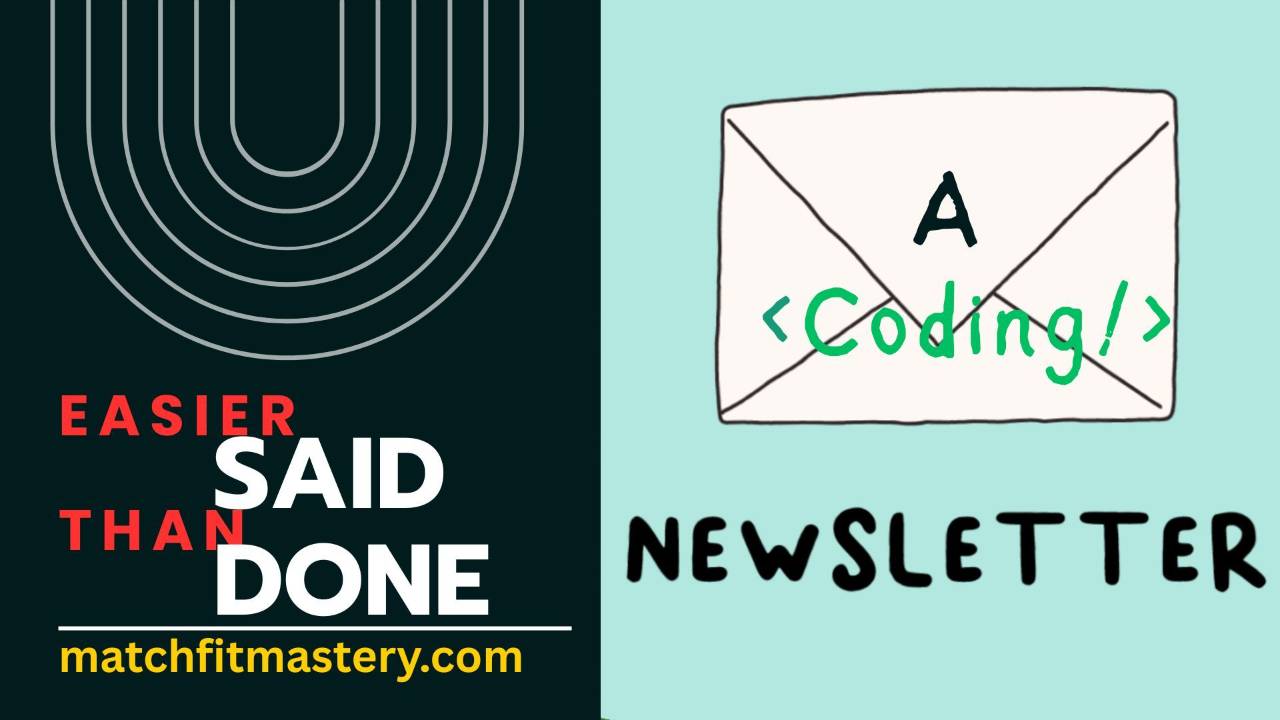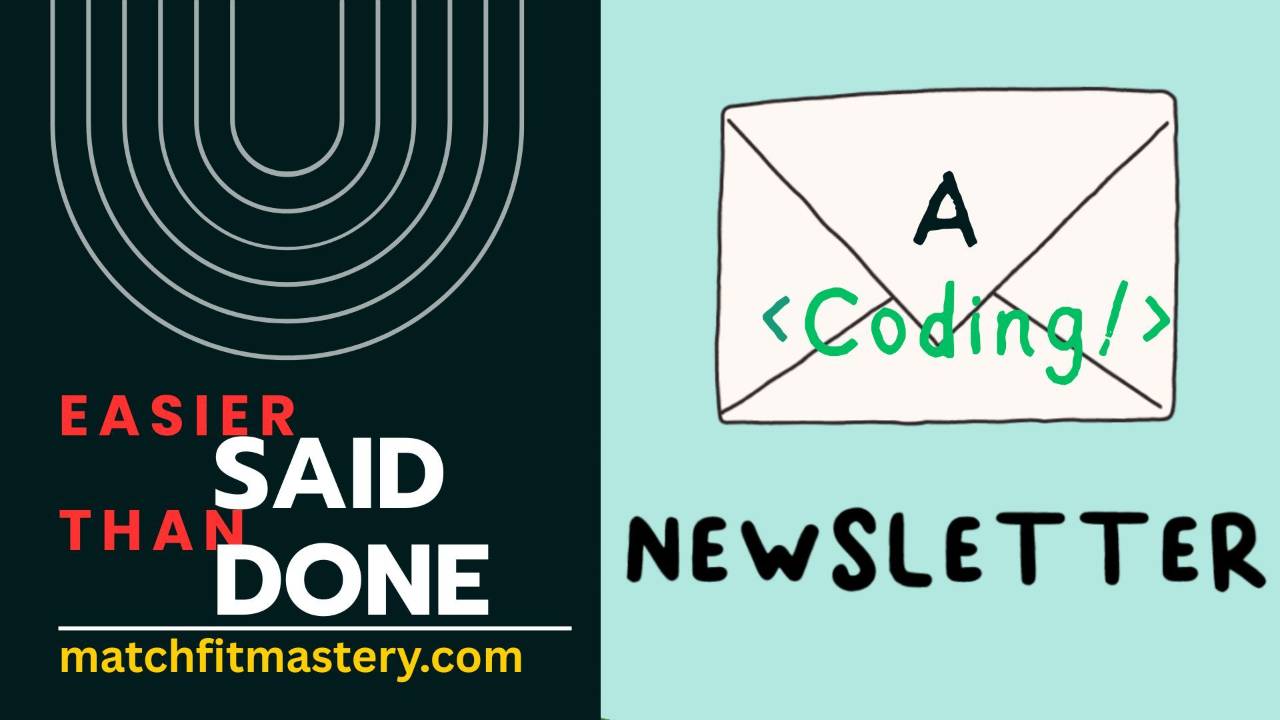The Five Critical Decisions That Separate Successful Career Changes From Expensive Failures
AI won't take your job. Someone using AI will.
That's triggering panic. People are Googling "career change" at 2 am, convinced they need to blow up their lives and start over.
Most of them are wrong.
Career change is terrible for most people. It takes 12-24 months minimum. You'll spend nights and weekends learning while everyone else relaxes. And if you pick wrong, you've torched years you can't get back.
You've got a full-time job. Maybe kids. Definitely bills. You don't have time for advice designed for 23-year-olds with no mortgage.
Before changing careers, exhaust every other option:
Microskilling: Add one high-value skill to your current role. Suddenly, you're the superstar on the team that can pull the data everyone needs. Takes 10-80 hours, not 400.
Upskilling: Pivot within your field. Business Analyst to Data Analyst. Sales to sales operations. Keep 100% of your credibility, just redirect it. Takes 4-12 weeks. Faster, lower risk, often pays better. Everyone at the family BBQ is impressed. They ask for advice.
But…
Sometimes that's not enough. Sometimes you're in a career that stopped building compounding skills years ago. AI is just making it obvious.
If that's you, outright reskilling might be right. New skill set. Ninety-degree flip like the students in the Inner Circle do. Teacher to analyst. Trucker to developer. You can see their success stories here.
Anyone can do this.
But most won't manage it.
Because it only works if you navigate five critical decisions correctly.
Miss even one and you'll join the thousands who learned new skills but never got hired.
I know. I spent 4 years doing exactly that
Decision 1: Is This Even About Your Career?
Here's what's actually happening when you're miserable at work:
You're tired. Your boss is incompetent. The company culture is toxic. You haven't had a real vacation in 18 months. And somewhere in month 6 of this, you start thinking: "Maybe I need to change careers."
No. You need to change jobs. Completely different goal.
Most people skip this decision entirely because a career change feels more dramatic, more meaningful. Like you're finally taking control.
It's also way harder and way riskier than just finding a better company.
The filter that actually works: Can you imagine doing your current work under genuinely ideal conditions—great boss, great team, great pay, real autonomy, problems that matter—and feeling excited about it?
Not "content." Not "fine." Excited.
If yes, you don't need a career change. You need a better job in the same field. You can do that in 2-4 months, not 2 years.
If not, if even the best version of your current work makes you feel dead inside, then keep reading.
Decision 2: Change to what exactly?
This is where most people catastrophically fail, and here's why:
They choose based on:
-
What sounds exciting (until month 3 when it doesn't)
-
What pays well (doing work they hate)
-
What their friend is doing (completely wrong fit for them)
-
What feels "safe" from AI (spoiler: nothing is)
The real question isn't "what's AI-proof?" There is no knowledge work that is AI-proof.
The real question: "What career builds skills that compound over decades and gets MORE valuable as AI advances?"
Here's what that means in practice:
A junior developer with 6 months of experience using AI tools can now outperform someone with 3 years of experience, but in a low-growth environment. Not because they're smarter. Because the skill isn't writing code anymore—it's architecting systems, reviewing AI-generated solutions, understanding what to build and why.
The judgment compounds. The AI is leveraged.
But here's the filter most people avoid because it's uncomfortable:
Can you do this thing you want to change to consistently for 20+ hours a week, even when you're tired, even when it's hard, even when you're not seeing results for months? Will you grind it out? Or will it grind you out?
Because that's what the transition demands. Not motivation. Not passion. Consistency when it sucks.
If you can't answer that honestly, you're not ready for Decision 3.
Decision 3: When is it best to quit your job?
The worst time to change careers is when you're desperate.
The best time is when you still have income, credibility, and options.
I watch this pattern every month: Someone gets frustrated, quits their job to "focus full-time" on some cookie-cutter bootcamp that mass produces “coders”, burns through savings in 6 months, panic sets in, and they take the first offer out of desperation—usually worse than what they left.
They confused intensity with intelligence.
Here's what actually works: Use your current job to fund your exit. Nights and weekends for 12-18 months. Then, when you’ve found the right first step in the new career that pays for the rest of your reskilling.
"12 months?! But that's so long!"
No. It's fast compared to the alternative: quitting too early, running out of money, and crawling back 6 months later, broke and broken.
If you want a get-rich-quick method, go to the casino. Career change is not a fast path to millions. But it is a path to millions over time.
And here's the part that sounds crazy but is completely true: Recessions make this easier, not harder.
Everyone's scared, so expectations drop. Companies slow down hiring. You have breathing room to build skills while protecting your income. No one's pressuring you to "make a move." You can be methodical.
Then, when the market roars back in 18 months—and it always does—you're ready. You've got skills, projects, and proof.
While everyone else was panicking, you were preparing.
Decision 4: How Do You Actually Get Hired?
Here's what the bootcamps and course sellers won't tell you:
Learning the skill is maybe 30% of the work.
The other 70%? That's the part where most people fail (in this order):
-
Building proof you can do the work to a PROFESSIONAL grade (not certificates—actual job-related skills)
-
Getting interviews when you have "no experience"
-
Establishing cred so hiring managers don’t see you as a risky newbie to the industry
-
Outcompeting candidates with traditional credentials
-
Negotiating offers when you are scared sh~tless inside…but knowing your worth gives you the confidence to ask for what you’re worth…
Most people don’t even begin to handle these stages. Typically, these are the unfortunate folks who "learned some code but can't build anything and have got zero interviews."
If that’s you, well, sorry, but you optimized for the wrong thing. You learned syntax. You followed tutorials. You got certificates.
But you didn't learn how to change careers. Different game. Different rules.
When I finally understood this, I applied for 4 developer roles at 38 with zero professional coding experience. Got all 4 offers. A year later, I joined Google.
Not because I was the best coder (at 38 with 1 year of experience, I could NOT have been the “best coder” that Google interviewed!).
Because I understood what hiring managers actually need to see to take a risk on a career changer.
And it's not what you think. But I’ve covered this extensively on Easier Said Than Done Podcast (Spotify, YouTube)
Decision 5: How Do You Stay Accountable During the Transition?
The average person tries to change careers for 4-8 weeks before they quit. Not even long enough to see the season change.
Not because it's too hard. Because they have no system. So they lose confidence the moment the motivation fades and “reality” hits.
Think about what you're actually doing right now: You're working full-time. You've got family obligations. You're trying to learn at night. You're following some online roadmap that seems designed for someone with infinite time.
You hit a wall. Get stuck. Can't figure out what's wrong. Spend 3 hours Googling. Get more confused. Start doubting yourself.
And eventually you think: "Maybe I'm not cut out for this."
Wrong. You're just missing a system.
You need:
-
A system for intelligent goal setting (“learning to code” is about as much of a goal as “learn to play music”)
-
A system to learn the minimum necessary topics rather than all the nonsense you’ll never use or forget before you use
-
A system to prove to recruiters and hiring managers that you’re worth the time and cost of an interview (to start with…)
I kept a diary through my 4-year struggle. When I finally succeeded, I went back and catalogued every mistake. Dozens of them. Each one cost me months.
Together, they cost me easily $200k+ in lost income.
Most were completely avoidable. If I'd had a system instead of just "trying harder."
What Actually Matters
AI has changed history. It has changed the labor market. AI won't take your job. But it will change your job and your industry, whether you like it or not.
The next 18 months will split knowledge workers into two groups:
Group 1: People who used this chaos to build long-term skills using a system designed for their actual constraints
Group 2: People who kept consuming free content, hoping the algorithm would eventually show them the "one trick" that makes it all click
In 10 years, the gap between these groups will be unbridgeable.
Because we overestimate what we can do in 1 year and underestimate what we can do in 10.
Your job isn't to predict the future or follow every trend. Your job is to make five decisions correctly and be prepared when the opportunity arises.
Most people will get at least three of them wrong.
Don't be like most people.
Four ways we can help you:
1. Wondering what learning to code actually means?
Becoming a coder is much more than just "learning to code" some languages. When I was hired at Google, for example, I didn't know three out of the four languages I had to write every day.
If you're still wondering if coding is right for you, then I recommend:
👉 My FreeCodeCamp Course --> Before You Learn To Code (Video).
👉 Updated version (including Google and other big tech experiences)
2. Inner Circle (Free Preview Included)
Our personalized, intensive mentorship program is designed to help career changers go from zero to software developer—and get hired. It’s not for everyone, but if you’re ready to commit, we’ll walk with you every step.
👉Preview the Inner Circle Program -> free preview.
👉Apply for Inner Circle → parsity.io/inner-circle
3. Career Change To Code Podcast
Driving? At the gym? Hiding in the bathroom? Perfect time to inject the best techniques for a career change to code directly into your brain via
👉Drip tips directly into your brain with the Easier Said Than Done podcast: YouTube | Spotify
4. Weekly Tips In Your Inbox
👉 Subscribe to this newsletter (it’s free). I try and keep it to 3 minutes or less so you can read in the elevator, waiting in lines, in the bathroom...😝





